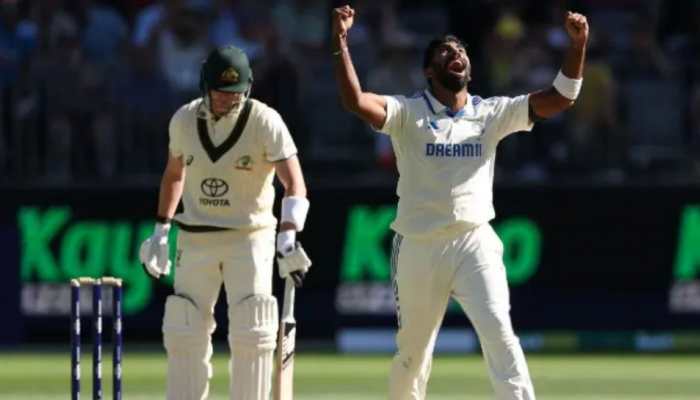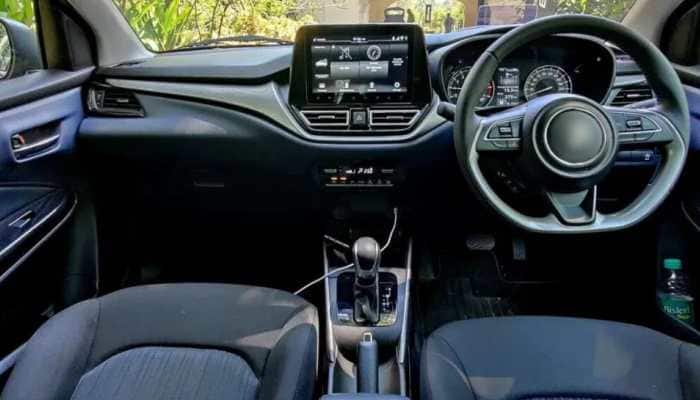Bonn Climate Conference, 6-17 December 2017: A “not yet” Outcome
Manish Kumar Shrivastava
Trending Photos
)
(The author is a Fellow, Climate Change and Earth Sciences, with The Energy and Resources Institute (TERI), New Delhi, India. He specializes in technological change, evolution of markets, institutional economics, co-evolutionary economics, science and law, and ethics and climate change.)
The 23rd Climate Conference at Bonn (6-17 December 2017) is almost set to deliver a ‘not yet’ outcome on a number of agenda items. The Adhoc Working Group on the Paris Agreement (APA) in its draft decision has already indicated that in order to finish its mandate in time before COP 24, it may require additional negotiation time in 2018.
On a positive note, the parties were able to resolve the tension during the first week of COP over the pre-2020 commitments made by developed countries. These principally included ratification of second commitment period of the Kyoto Protocol (which ends in 2020) and progress on the Copenhagen commitment by developed countries to provide USD 100 billion per annum to developing countries by 2020. The persisting lack of even formal announcements to commit financial resources to the Green Climate Fund (GCF) is already a source of concern for developing countries and climate change experts. The parties have agreed to initiate a process to take stock of the progress in 2018. While this agreement may have resolved the potential impasse in the negotiation process, its efficacy in terms of actual outcome is uncertain, given that 2020 is already around the corner.
The scientific assessments of the progress by countries in terms of NDC implementation show marginal progress, mainly driven by actions taken by India and China but at the same time dampened by USA withdrawing from the Paris Agreement. In this context, progress on the terms and procedures of the informal Global Stock Take scheduled in 2018 is critical. However, continued the discussion on these issues under the APA through 2018 implies that there will be little time to put together required information. The informal Global Stock Take of 2018 is anyways under the shadow of USA’s decision to back out from the Paris Agreement. The USA is among the countries which were to progressively revise their Nationally Determined Contributions (NDCs) after the 2018 Stocktake.
With Fiji holding the Presidency of COP 23 one would have hoped for some concrete progress on issues such as loss and damage. However, the draft decision on the Warsaw International Mechanism for Loss and Damage concludes with a clause “the actions of the secretariat called for in this decision be undertaken subject to the availability of financial resources.”
The draft decisions on various agenda items discussed at COP23 note that the work will continue till next SBSTA/SBI/APA sessions in April-May 2018.
(The views expressed above are that of the author's solely. Zee media, Zee digital or any other property owned by Essel Group does not necessarily subscribe to the opinions.)
Stay informed on all the latest news, real-time breaking news updates, and follow all the important headlines in india news and world News on Zee News.
Live Tv







)
)
)
)
)
)
)
)
)
)
